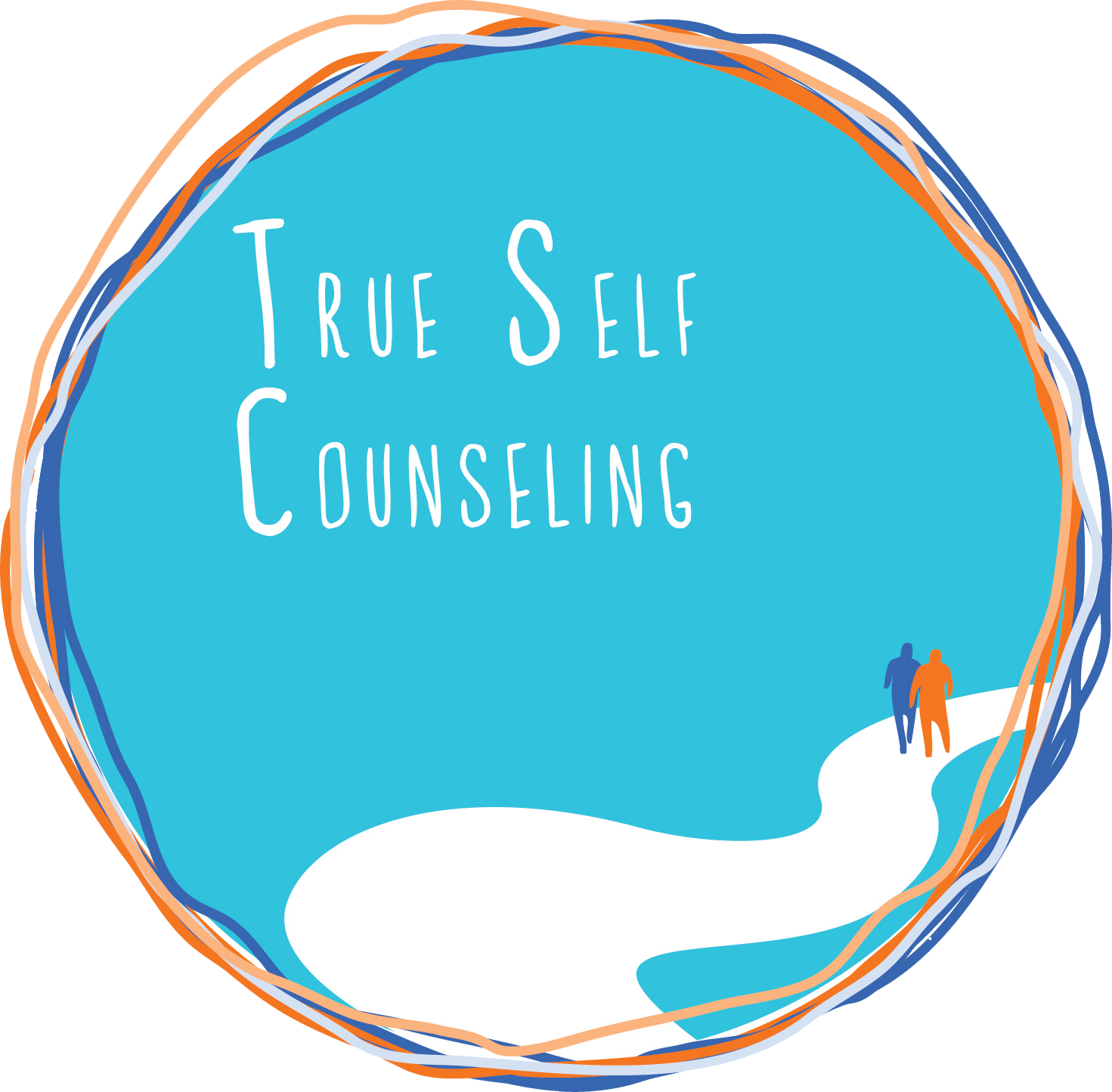
by Molly Pierce | May 29, 2015 | Anxiety Related, Self Image
The struggle of perfectionism is real. It’s alluring to think we can be perfect, quite tempting to think that we can be superhuman, that we can be exempt from making mistakes, However, this notion couldn’t be further from the truth!
There is no such thing as perfect. It doesn’t exist. Because it doesn’t actually exist, we all come up with different ideas of what we think perfect is…which makes it an OPINION.
Perfection is objective, ambiguous, illusory, and therefore unattainable. It’s simply a nonsensical pursuit.
However, if you find yourself in the perfectionist camp, here are some questions which may help to ask yourself in the midst of a perfection struggle:
- Will there be catastrophic consequences if this isn’t perfect?
- Will it be the end of the world?
- Will it result in serious injury or death?
- Will it matter five years from now?
If the answer is no, then say to yourself: “IT’S GOOD ENOUGH.” I know, this sounds ludicrous to you. Nothing, to the perfectionist, is ever good enough. But in reality, if you have answered “no” to the above questions, and if you have given it a good effort, then it is good enough.
Here are some examples to help you tell the difference:
If you are performing surgery on someone, then it’s fairly crucial to get it as close to perfect as possible. The reason why is that it could potentially be the difference between life and death.
On the other hand, if you’re styling your hair and displeased with how it looks…that’s too bad. However, there probably will not be any catastrophic consequences for not getting it just right. Also, your hair can’t really be “perfect” anyway, because there are so many differing opinions of what perfect hair is…because, if you recall, that’s exactly what “perfect” is: an opinion. Rather, lots of different opinions.
#ThoughtsOfARecoveringPerfectionist
![Raised by an Addict [Part I]](https://i0.wp.com/trueselfcounseling.com/wp-content/uploads/2015/05/Osmosis-Blog8-Brooke-Shields-Series.jpg?resize=450%2C225&ssl=1)
by Molly Pierce | May 7, 2015 | Addiction, Self Image
In her memoir, There was a Little Girl: The Real Story of My Mother and Me, Brooke Shields paints an honest and vivid picture depicting her experience of being raised by an alcoholic mother.
Much of her childhood was filled with chaos, and a lack of structure and stability, which is quite common in families with addiction.
She speaks about the enmeshed, codependent relationship she shared with her mother for many years:
I never thought I could live without you. I knew and understood you better than anyone else in your life. I became the meaning in your life when it would have served you to find the meaning from within. Your approval meant the world to me, as did your happiness. That was the hard part, because I wanted your approval for my growing up independently of you, yet I feared my independence was the root of your unhappiness. But if I had not fought to differentiate myself from you and from our tight bond, I would not have been able to survive.
There are many themes in her life story that are shared by others who have lived with an addicted or mentally ill family member:
…Being constantly afraid and worried for their safety and well-being
…Feeling like it’s your responsibility to keep them sober and alive
…Becoming panic-stricken when you haven’t heard from them in a while
…Desperately trying to control their addiction…AND NOT BEING ABLE TO.
Brooke lacked a sense of confidence and security, despite becoming famous at such a young age. She never felt good enough. How could she, when she wasn’t enough to keep her mother from drinking?
She was not her own person. Her existence and purpose were for her mother, not for herself. How can you be your own person, when you spend all of your energy trying to please someone else? There’s no room for you to discover who you are. Her job was to intuit the moods and needs of her mom: “She was my barometer for joy. If she was happy, I was happy.”
Like many children of addicts, Brooke became parentified, taking care of her mother, instead of getting to be a kid. It affected her as she got older, as well. While others her age were going out and dating, she was afraid to intimately connect with another person, for fear of mom feeling abandoned. As if by loving someone else, she would somehow love her mother less. There wasn’t enough space for anyone else.
[Story Continues in Part II]


![Raised by an Addict [Part I]](https://i0.wp.com/trueselfcounseling.com/wp-content/uploads/2015/05/Osmosis-Blog8-Brooke-Shields-Series.jpg?resize=450%2C225&ssl=1)